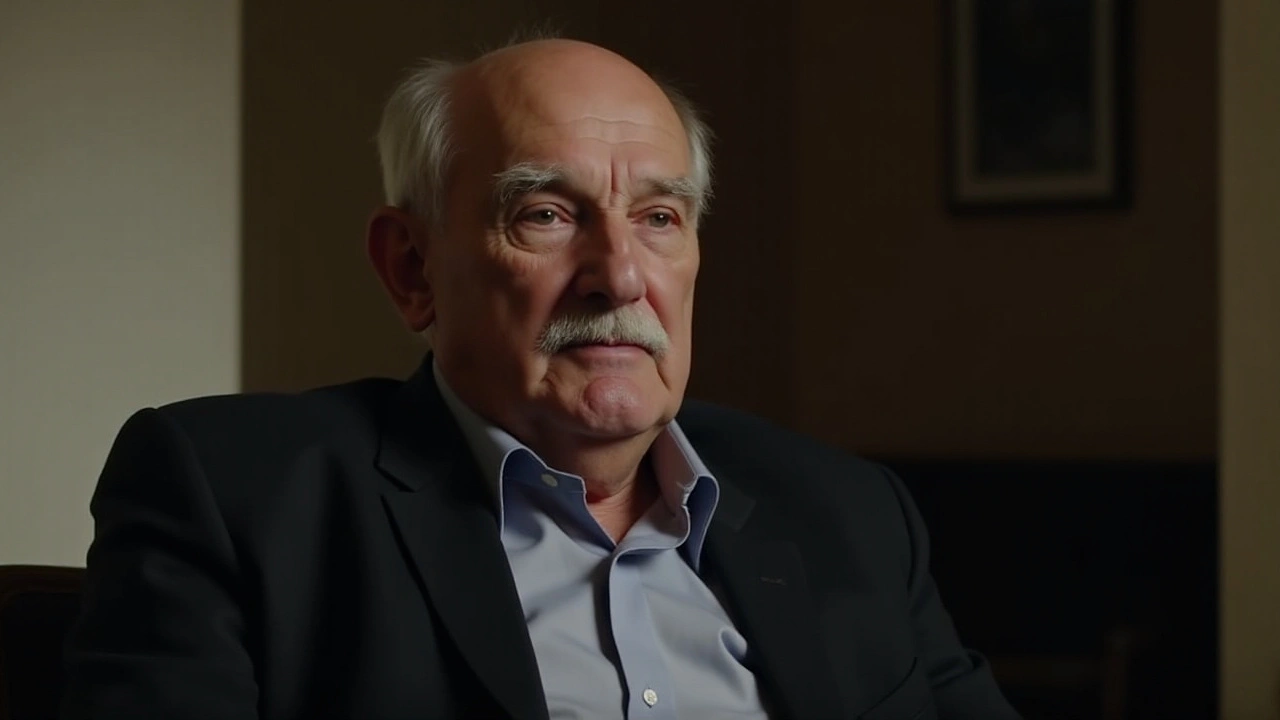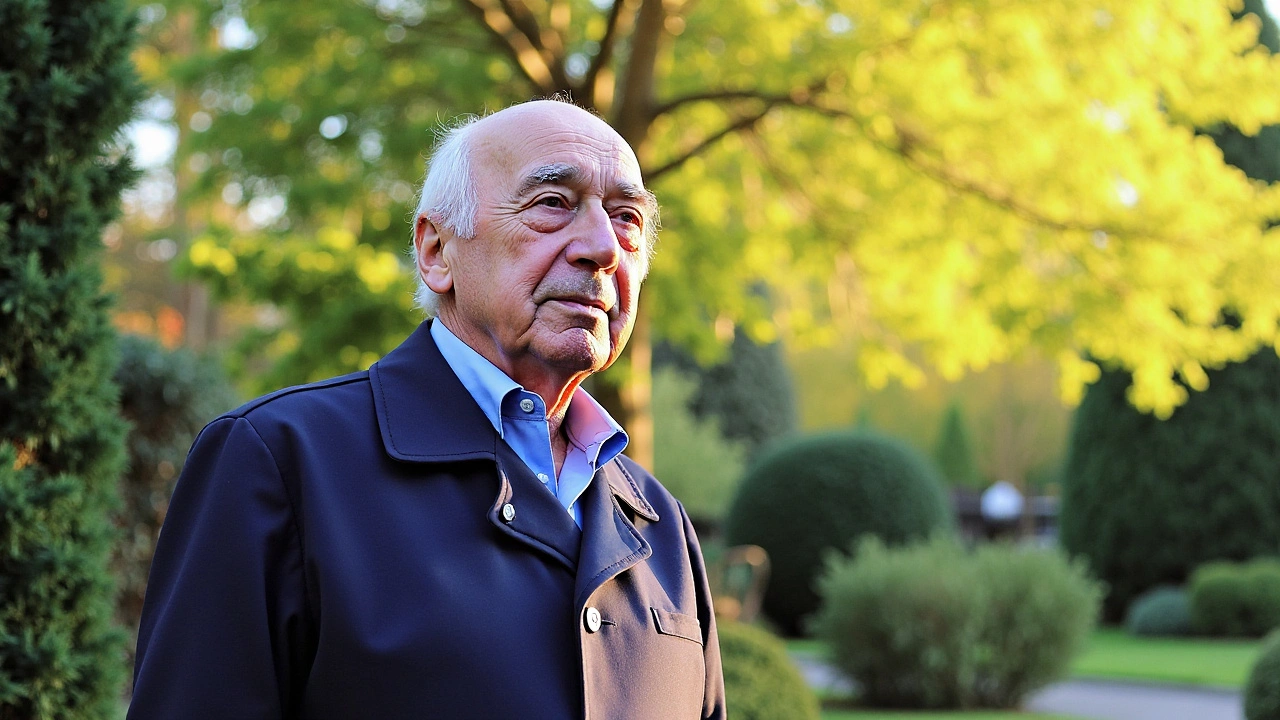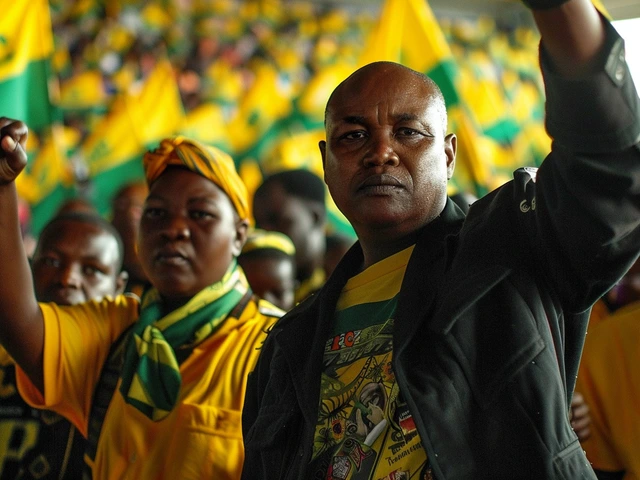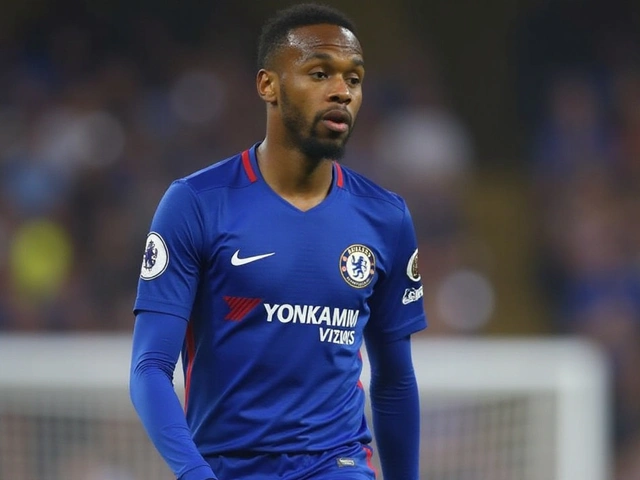The Final Farewell to Fethullah Gülen
In an emotionally charged farewell, thousands gathered in the United States to pay their last respects to Fethullah Gülen, a prominent Turkish Islamic scholar and preacher. The event was held at a modest stadium in northern New Jersey, a testament to the far-reaching influence of Gülen's teachings. This small stadium became the epicenter of mourning for individuals from diverse walks of life, from family members and close friends to followers who had been inspired by his religious and social ideals.
Gülen’s body was carried into the stadium by pall-bearers, a poignant moment for those present who had seen him as a guiding light. The event was not only a tribute to a spiritual leader but also a reflection of the complex dynamics he represented. A man once intertwined with Turkish politics, Gülen later found himself at odds with the administration of President Recep Tayyip Erdoğan, leading to his self-exile in the United States. Following the funeral service, he was transported to Saylorsburg, Pennsylvania, to be laid to rest at the Chestnut Retreat Center, a place that had become synonymous with his movement over the years.
Tracing the Rise and Impact of Fethullah Gülen
Born in Turkey, Fethullah Gülen rose to prominence as a scholar and preacher, amassing a massive following in Turkey and globally. His approach intertwined religious teachings with educational initiatives, emphasizing the importance of dialogue and understanding across different cultures and religions. The hijra, or migration, to the United States in 1999, initially for health reasons, marked the beginning of a new chapter for his movement, known as Hizmet, meaning 'service' in Turkish.
Gülen's influence was not just confined to the pages of religious discourse; it was profoundly felt in education and community development. Numerous schools and cultural centers worldwide drew inspiration from his ideas, promoting principles of empathy, education, and altruism. However, this influence soon turned controversial when political tensions surfaced between Gülen and Erdoğan, resulting in a fracture that would never mend.

The Fractured Relationship with Erdoğan
Once allies, Gülen and Erdoğan's partnership soured over time, particularly as Erdoğan consolidated power in Turkey. Gülen's continued advocacy for ethical governance and transparency clashed with the political landscape in his home country. The tension reached its peak following the failed coup attempt in 2016, for which Erdoğan held Gülen responsible, labelling him the mastermind behind the chaos that claimed 251 lives and left thousands wounded. Gülen vehemently denied these accusations, arguing for a fair and international investigation into the matter.
The aftermath of the coup saw a sweeping crackdown by Turkish authorities on alleged Gülen supporters, leading to the closure of schools linked to the Hizmet movement and the arrest of thousands. The purge extended into various government and military sectors, further deepening the rift between Gülen's followers and the Turkish state. Despite these turbulent times, Gülen remained steadfast in his belief in justice and due process, asserting that everyone should be accountable for their actions within the framework of the law.
A Movement in Mourning
As news of Gülen's death spread, reactions poured in from around the world. Supporters expressed their sorrow and commemorated his contributions to society, emphasizing the values he championed throughout his life. Despite the political controversies, his teachings on peace, tolerance, and coexistence left an indelible mark on many communities.
Meanwhile, Ankara's response to his passing was stark and unsympathetic. President Erdoğan did not shy away from offering a harsh critique, describing Gülen's death as 'dishonorable' and vowing to eradicate the remnants of his movement. Such reactions highlighted the unresolved tensions and deep-seated animosities that had characterized the latter years of Gülen's life.

Legacy Amidst Controversy
In the shadow of these events, Gülen's legacy continues to be a topic of considerable debate and conflict. While some view him as a visionary reformer dedicated to fostering global understanding and education, others see his movement as a threat to established political structures. Regardless of one's stance, the fact remains that Gülen's impact will continue to spark dialogue and reflection on issues of faith, politics, and societal progress for years to come.
Fethullah Gülen may have left this world, but the discourse surrounding his life and work endures, echoing in the places and hearts he touched throughout his journey. The funeral in New Jersey was not just a mourning of a man, but the honoring of an era that saw one individual spark widespread cultural engagement transcending borders and ideologies.







Eduardo Lopez
The very act of gathering en masse to honor a man like Gülen speaks to a collective conscience that refuses to be silenced by political expediency. It is a stark reminder that true moral leadership transcends borders, and that any attempt to smear his legacy is an affront to the very principles of humility and service he espoused. While the headlines are loud with accusations, the quiet dignity of those present tells a louder story of compassion. Let us not be swayed by the sensationalist narratives that seek to diminish his contributions. In the end, history will judge the sincerity of actions, not the rhetoric of power.
Nancy Perez de Lezama
Your brief assessment fails to capture the depth of the movement’s educational impact. The schools founded under his guidance have served countless students worldwide. A more nuanced appraisal is warranted.
Matt Heitz
From a sociopolitical perspective, the Gülen phenomenon constitutes a paradigm of transnational civil society, replete with soft power dynamics and epistemic community formation. Its doctrinal synthesis of Sufi mysticism and modern pedagogical frameworks engenders a unique ideological construct. Nationalist critics often dismiss these complexities, conflating spiritual outreach with clandestine political ambition. Nevertheless, the empirical data on school performance and intercultural dialogue metrics substantiate its substantive contributions. Equally, the entanglement with Turkish state apparatus illustrates the perilous interplay between non‑state actors and sovereign governance. Such intricacies demand a lexicon beyond simplistic vilification. The discourse should, therefore, reflect this multidimensionality.
Susan Mark
The educational initiatives tied to Gülen's network have consistently reported high academic standards and inclusive curricula. Many of these institutions emphasize critical thinking, multilingualism, and community service, which align with broader societal goals. While controversies exist, it is essential to separate documented outcomes from politicized narratives. Stakeholders should consider these measurable achievements when evaluating the movement's legacy.
Jason Jennings
The glorification of any figure is dangerous; we must remain skeptical of his motives. His ties to political intrigue outweigh any charitable deeds.
Diego Vargas
Yo, i think u missin the point about the schools. They’re not just religious places, they’re real akademic centers. The stats show good graduation rates and i’ve seen kids get scholarships. Also, the community programs help local familes. So cant just dump all that as "political".
Alex Lee
The whole affair is a textbook example of a cult of personality masquerading as altruism. It's a tactic to manipulate masses under the guise of education.
Vida Yamini
Tracing the arc of Fethullah Gülen’s influence requires a panoramic view of modern religious and educational currents. From his modest beginnings in a Turkish village, he rose to become a beacon for countless adherents seeking spiritual nourishment intertwined with social advancement. His model of service-Hizmet-championed the establishment of schools that were free from sectarian bias, often providing scholarships to underprivileged youths. Those institutions routinely posted test scores that rivaled, and sometimes surpassed, public counterparts, underscoring a commitment to academic excellence. Moreover, the curricular emphasis on interfaith dialogue fostered environments where Muslim, Christian, Jewish, and secular students could exchange ideas without fear. This approach resonated particularly in diaspora communities, where the need for cultural continuity and integration was paramount. Critics, however, have painted the movement with a broad brush of suspicion, alleging clandestine political machinations behind the educational façade. While some governments have responded with crackdowns, the empirical evidence of community uplift remains undeniable. Alumni of Gülen schools frequently attribute their professional successes to the disciplined study habits instilled during their formative years. In the United States, the Chestnut Retreat Center functions not merely as a burial site but as a hub for cultural events, language workshops, and humanitarian outreach. The sheer scale of these endeavors illustrates a network that transcends simple religious preaching. Yet the narrative is complicated by the volatile relationship with Turkey’s ruling party, which has leveraged the Gülen issue to consolidate power. The post‑2016 coup attempt intensified these tensions, casting a shadow over the movement’s public perception. Nevertheless, the core tenets of tolerance, education, and service endure in the daily operations of countless schools and NGOs worldwide. As the world grapples with polarization, the Gülen model offers a case study of how faith-based initiatives can contribute positively to societal cohesion. Whether history will ultimately vindicate or condemn his legacy remains a matter for scholars and citizens alike, but the imprint of his work is indelibly etched into the fabric of many communities.
James Lawyer
Your articulation of the movement’s impact is thorough and well‑structured. It highlights both the achievements and the geopolitical challenges without resorting to polemic. Such balanced exposition aids constructive dialogue.
Abby Culbertson
It feels like a lost chance for genuine reconciliation.